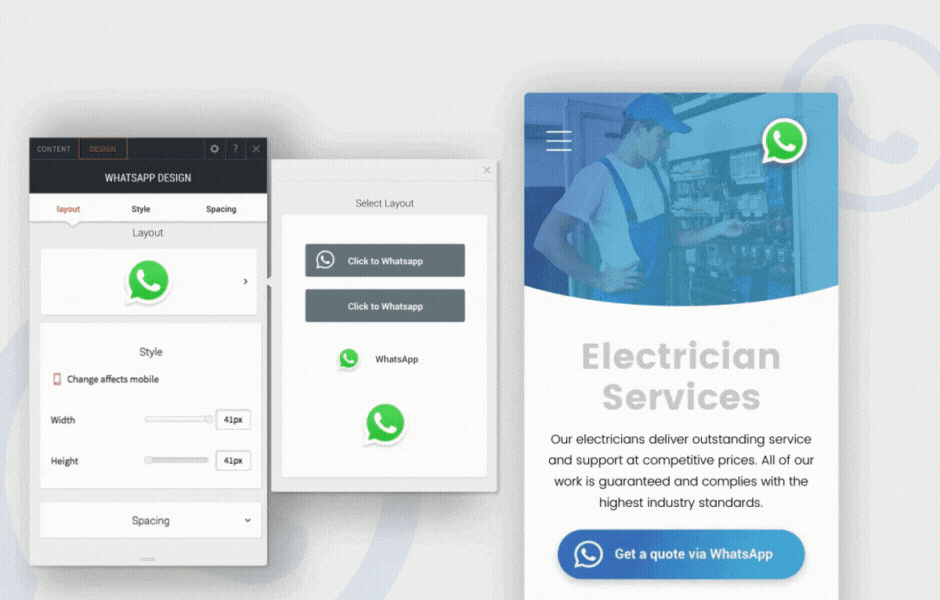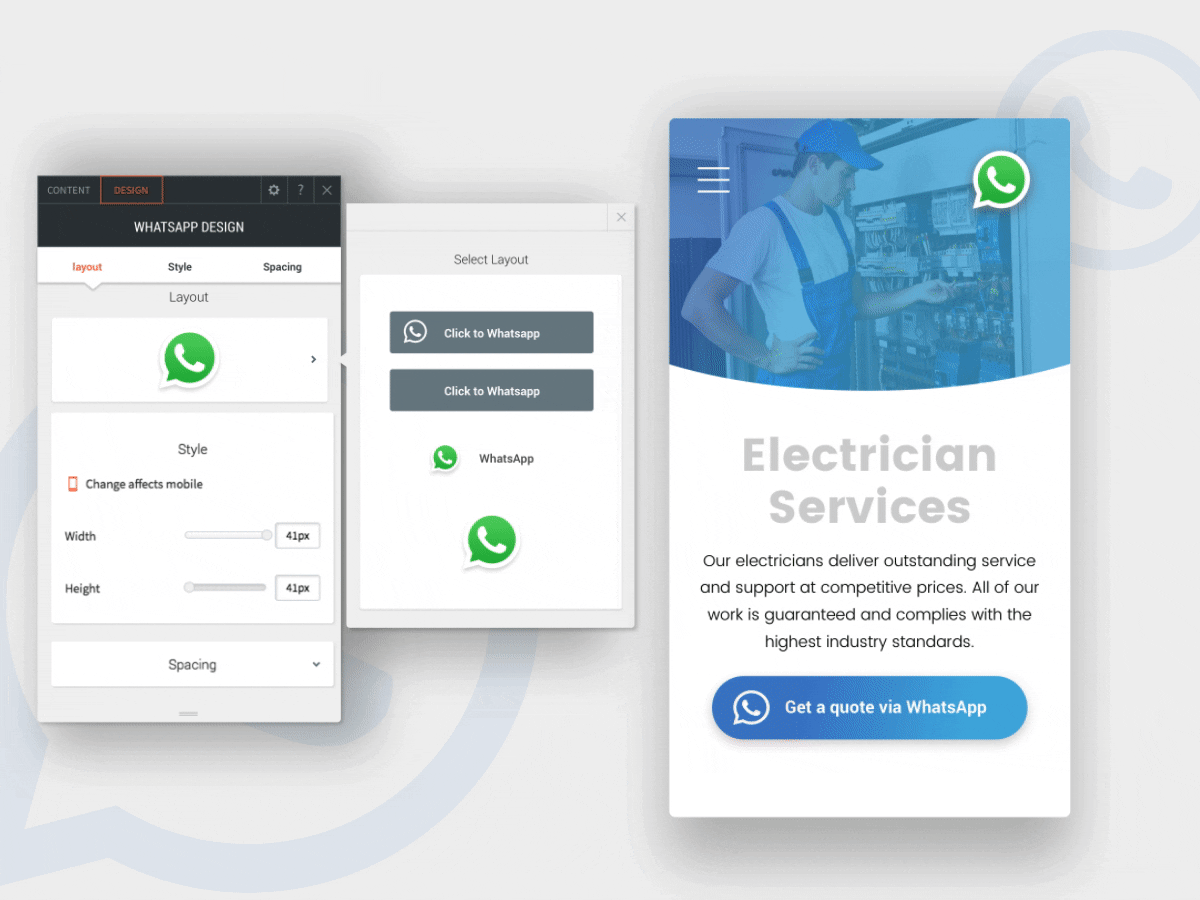
In the ever-evolving world of messaging apps, WhatsApp has maintained its status as one of the most popular choices for communication. Since its inception in 2009, WhatsApp has grown exponentially, serving as a reliable and convenient platform for billions of users across the globe. But what does the future hold for this beloved messaging app? In this blog post, we'll explore the potential features we can expect to see soon in WhatsApp and address the question of paid subscription versions.
WhatsApp's Journey So Far
Before diving into the future, let's briefly reflect on WhatsApp's journey thus far. The app was founded by Jan Koum and Brian Acton, who wanted to create a simple and secure messaging platform. WhatsApp's appeal lies in its user-friendly interface, end-to-end encryption, and its ability to work across various devices seamlessly.
Over the years, WhatsApp has introduced several key features, including voice and video calls, group chats, status updates, and file sharing capabilities. It has adapted to changing user needs and technological advancements, remaining a staple for both personal and business communication.
The Future of WhatsApp: What to Expect
As technology continues to advance and user expectations evolve, WhatsApp is expected to introduce several new features to enhance the user experience and maintain its competitive edge. Here are some developments we can anticipate in the near future:
1. Enhanced Group Chat Features
WhatsApp has already made significant improvements to its group chat functionality, allowing for larger groups and more admin controls. In the future, we can expect even more enhancements, such as the ability to schedule group messages, set reminders, and create more interactive polls and surveys within groups. These improvements will cater to both personal and business users.
2. Augmented Reality (AR) Integration
With AR technology becoming more accessible, WhatsApp may incorporate AR features to make conversations more interactive. Imagine being able to share 3D models, augmented reality stickers, or even try on virtual outfits within the app. These features could add a new dimension to how users communicate and share experiences.
3. Advanced Security Measures
WhatsApp has always prioritised user privacy and security. In the future, we can expect even more robust security features, such as advanced authentication methods, improved anti-phishing measures, and additional safeguards against misinformation and fake news. This will help users feel even more secure while using the app.
4. Enhanced Integration with Other Facebook Services
As WhatsApp is owned by Facebook, we can anticipate tighter integration with other Facebook-owned platforms like Instagram and Messenger. This could allow for seamless cross-platform messaging, sharing Stories, and more integrated features that span the Facebook ecosystem.
5. Improved Voice and Video Calling
WhatsApp has become a popular choice for voice and video calls, especially during the COVID-19 pandemic. In the future, we can expect further improvements in call quality, background noise reduction, and potentially even support for larger group video calls. These enhancements will make WhatsApp an even more reliable choice for remote communication.
6. Eco-Friendly Initiatives
With a growing emphasis on sustainability, WhatsApp may introduce features aimed at reducing its environmental footprint. This could include data-saving modes, optimisations for lower-energy consumption, and initiatives to promote digital well-being.
7. Business and E-commerce Integration
WhatsApp Business has already made inroads into helping businesses connect with customers. Expect further developments in this area, such as enhanced customer support features, AI-powered chatbots, and more sophisticated e-commerce integrations to facilitate seamless shopping experiences within the app.
The Question of Paid Subscription Versions
WhatsApp has traditionally been a free messaging app, but in recent years, it has introduced a paid subscription model for business users. WhatsApp Business API, for example, charges businesses for using certain advanced features and messaging capabilities. However, for regular users, WhatsApp has largely remained free.
The company's revenue generation primarily comes from its business-oriented services and partnerships. However, given the ever-changing nature of technology and business models, it's possible that WhatsApp may explore new monetization strategies in the future.
In Conclusion
WhatsApp's future looks promising, with a focus on enhancing user experiences, security, and integration with emerging technologies. While we can speculate about the features that may arrive soon, it's essential to stay updated with official announcements from WhatsApp to get the most accurate and current information. As this popular messaging app continues to evolve, users can look forward to an even more versatile and secure communication platform.
More Posts
Share this Post






